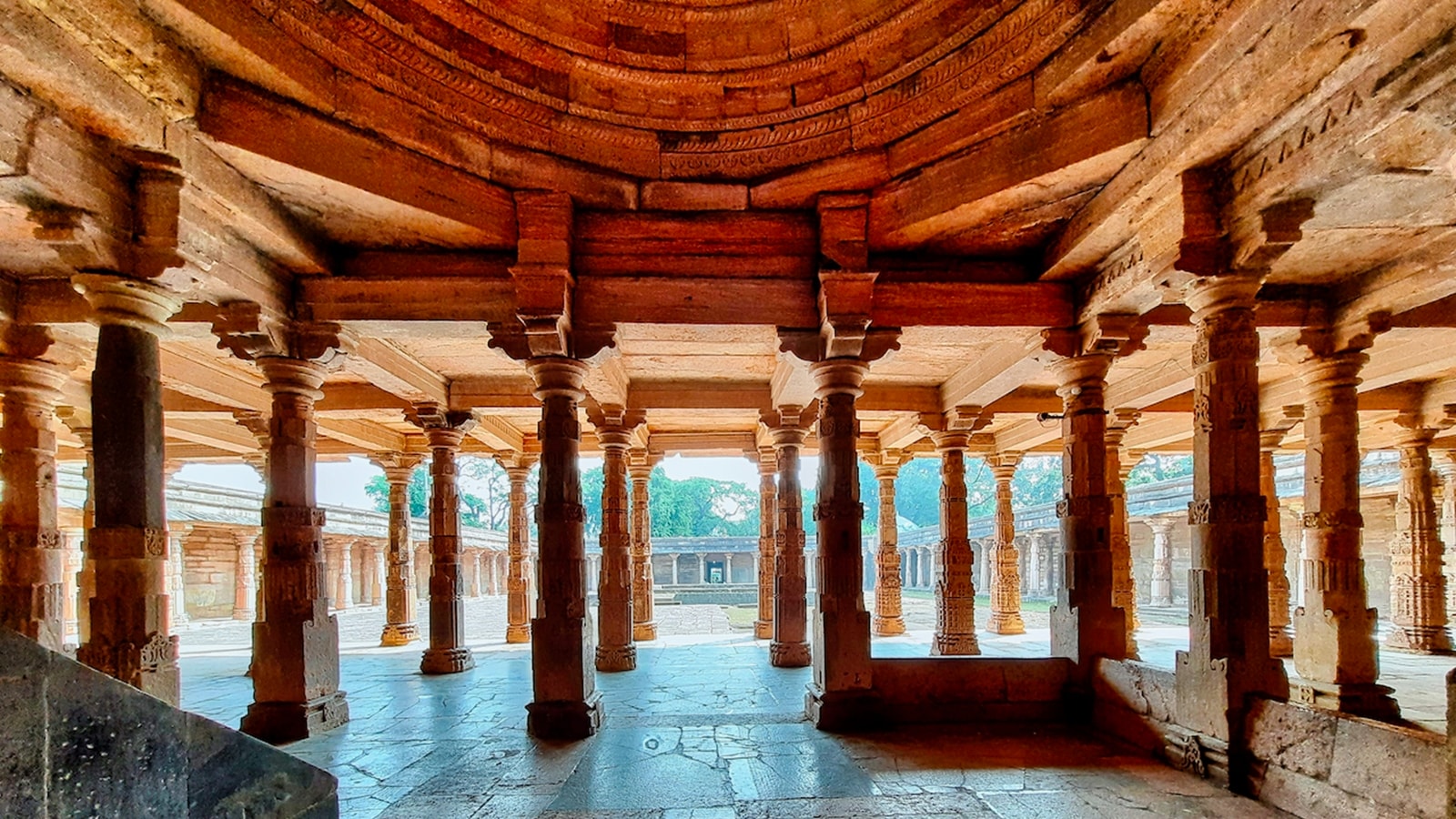
A bench comprising Justices Hrishikesh Roy and SVN Bhatti has ordered that the Bhojshala matter be heard alongside existing petitions concerning the 1991 Act. The Act prohibits the conversion of any place of worship and mandates the preservation of its religious character as it stood on August 15, 1947. Notably, the Act excludes the Ayodhya dispute from its purview.
The Bhojshala complex, known to Hindus as a temple dedicated to goddess Saraswati and to Muslims as the Kamal Maula Mosque, has been a focal point of religious contention. In response to a petition seeking a survey to ascertain the site's religious character, the Madhya Pradesh High Court had previously directed the ASI to conduct an examination. This order is now under scrutiny in the Supreme Court.
The Supreme Court's decision to club the Bhojshala plea with challenges to the Places of Worship Act underscores the broader implications of the case. The Act has faced multiple legal challenges, with petitioners arguing that it infringes upon the rights to religion and equality by freezing the status of places of worship as they existed in 1947. Conversely, supporters contend that the law is essential for maintaining communal harmony and preventing historical disputes from resurfacing.
In a related development, the Supreme Court has agreed to consider a plea by Asaduddin Owaisi, leader of the All India Majlis-e-Ittehadul Muslimeen (AIMIM), seeking effective implementation of the 1991 Act. Owaisi's petition emphasizes the need to uphold the Act's provisions to maintain the religious character of places of worship and prevent communal discord.
The Supreme Court has previously restrained lower courts from entertaining fresh lawsuits or passing orders concerning disputed religious structures until it adjudicates on the validity of the Places of Worship Act. This directive aims to prevent a proliferation of legal disputes that could potentially disrupt communal harmony.
The upcoming hearings are poised to address complex questions at the intersection of law, history, and religion. The outcomes could have far-reaching implications for the interpretation of the Places of Worship Act and the resolution of disputes involving religious sites across the country.
Legal experts and community leaders are closely monitoring the proceedings, recognizing the delicate balance between upholding the rule of law and respecting religious sentiments. The Supreme Court's deliberations are expected to provide clarity on the extent to which historical grievances can be addressed within the framework of the 1991 Act.
As the nation awaits the Supreme Court's verdict, the Bhojshala case serves as a reminder of the enduring complexities surrounding India's religious heritage and the legal mechanisms designed to navigate them.
The Supreme Court's examination of the Bhojshala survey order, in conjunction with challenges to the Places of Worship Act, reflects the judiciary's pivotal role in adjudicating matters that have profound social and cultural ramifications.
The forthcoming hearings will not only determine the fate of the Bhojshala complex but also set precedents influencing the management and preservation of religious sites nationwide.
In anticipation of the hearings, stakeholders from various communities are advocating for their perspectives to be considered, underscoring the need for a judicious and balanced resolution that honors India's pluralistic ethos.
The Supreme Court's decisions in these matters will be instrumental in shaping the legal landscape concerning places of worship and could either reinforce or challenge existing legislative frameworks governing religious sites.
As deliberations proceed, the nation watches closely, cognizant of the profound impact these judicial determinations will have on the preservation of communal harmony and the interpretation of constitutional rights related to religious freedom.
The convergence of the Bhojshala dispute with the broader debates over the Places of Worship Act highlights the intricate interplay between historical narratives and contemporary legal standards in India's diverse society.
The Supreme Court's engagement with these issues underscores its role as a guardian of constitutional principles, tasked with navigating the delicate balance between upholding the law and respecting the multifaceted religious landscape of the nation.
As the hearings approach, the judiciary's approach to these sensitive matters will be pivotal in determining the future course of action regarding disputed religious sites and the application of the Places of Worship Act across India.
The outcomes of these cases are anticipated to provide definitive interpretations of the law, guiding future resolutions of similar disputes and contributing to the ongoing discourse on religious rights and heritage preservation in India.
In this context, the Supreme Court's forthcoming judgments will be closely analyzed for their legal reasoning and their potential to influence the broader societal fabric concerning religious coexistence and historical reconciliation.
The nation awaits the Supreme Court's deliberations, hopeful for resolutions that uphold justice while fostering an environment of mutual respect and understanding among diverse religious communities.
The Bhojshala case, intertwined with the examination of the Places of Worship Act, stands as a testament to the ongoing challenges and complexities in managing India's rich and diverse religious heritage within the constitutional framework.
As legal proceedings continue, the emphasis remains on achieving outcomes that not only resolve the immediate disputes but also contribute to the long-term preservation of communal harmony and respect for India's pluralistic traditions.
